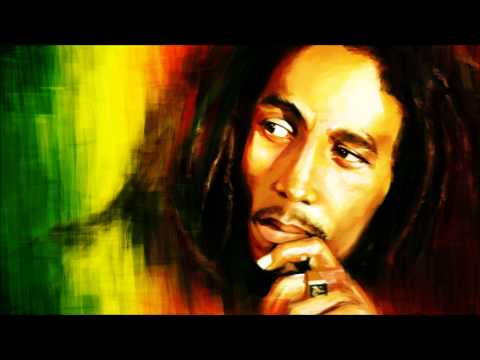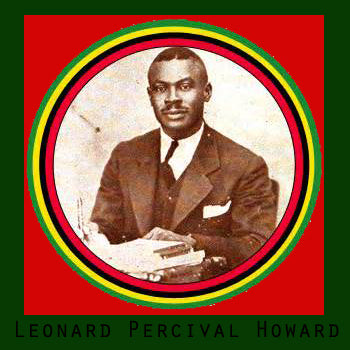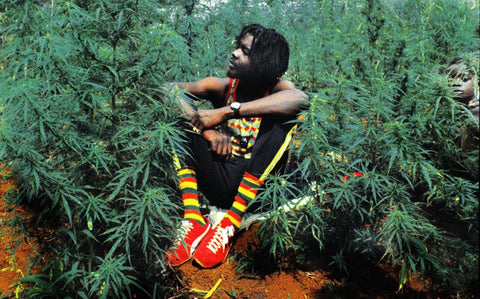If you have had any exposure to cannabis culture, you will have seen the prominence of Rastafari iconography. Cannabis has long been associated with the Rastafari religious movement. Their use of the herb in communal rituals has become known worldwide. This is the story of the faith and the role cannabis plays in their beliefs.

Rastafari Religious Movement
Rastafari is a religious movement that originated in Jamaica. Reggae music popularized it around the world. Rastas, converts like Peter Tosh and Bob Marley, were particularly famous advocates.
What began with very humble origins ended up spreading all over the globe. To this day, the largest populations of Rasta live in countries as far-flung as Jamaica, Ethiopia, Botswana, South Africa, the United Kingdom, the United States, and even Japan. There are an estimated one million Rastafari followers around the world. Not bad for a movement founded in the 1930s!
Rastafari- Faith or Lifestyle
The young and popular Rastafari is distinctive for its association with marijuana. The truth behind the weed-smoking Rastafari stereotype is more nuanced. In fact, some feel Rastafari is more of a lifestyle than a religion. Why is this?
Rastafari faith lacks the typical structure of organized religion. There is no church or clergy. However, spirituality does play a big part in its Afrocentric interpretation of Christianity and its reasons for promoting cannabis use.
Rastafari Origins

The Rastafari movement developed in Jamaica in the 1930s among working-class black people. It began, in part, as a social stand against whites and the middle classes, whom the Rastafarians saw as oppressors.
The Rastafari faith believed that the Caribbean slave traders robbed them of their African heritage. Their religious movement sought to recapture and celebrate that heritage.
The Rastafari movement, or Rasta, takes the Bible as its sacred text. However, it interprets the Bible in an Afrocentric way. By doing this, Rasta seeks to reverse what Rastas see as changes made to the text by white powers.
Rastafari Leader Haile Selassie
The movement took as its spiritual head Haile Selassie I, former Emperor of Ethiopia, who was lauded for being a black leader in the heart of Africa. To the Rastas, Haile Selassie became Jah, or God incarnate, who would one day lead the people of African origin to a promised land. Haile Selassie died in 1975. However, Rastafari faith does not accept his death. They believe he will one day return.
Rasta and Socialism
Rastafarians also looked up to Marcus Garvey, the Jamaican socialist, whose philosophies they believed could help open the way to a new world order.
The Rastafari faith practiced communal living from the beginning. Leonard Howell, often called the “first Rasta,” set up the first Rastafarian commune of 5,000 people at Pinnacle, St Catherine, Jamaica. His subsequent persecution by Jamaican authorities encapsulated for many people the decades of oppression suffered by black Africans.
The Spread of Rasta
From Jamaica, the Rastafari movement spread around the globe, thanks in part to the huge popularity of its most famous member, Bob Marley. The reggae star’s lyrics were full of Rasta doctrine and encapsulated the spirit of the movement.
In addition to Marley, other Rasta symbols include dreadlocks and cannabis. Not all Rastafari practitioners wear dreadlocks. They believe the dreadlock hairstyle is supported by the bible. The smoking of cannabis (aka Ganja) is regarded as a spiritual act. Rasta often accompanies Ganja smoking with Bible reading.
Rastafari faith believes smoking cannabis is sanctioned by the Bible. They believe it cleans the body and mind and brings the soul closer to God. However, Rastafari has never been a highly organized religion. Many Rastas see it more as a culture or way of life.

Cannabis as a Sacrament
Another key aspect of the Rastafari faith is its use of cannabis. Rastafari tend to avoid alcohol, tobacco, and even caffeine, claiming that these diminish a person's health and dignity. Conversely, they consider cannabis to be a sacred herb that soothes the troubled mind and allows one to reason more clearly.
Surprisingly, why they think cannabis helps their spiritual and mental health also goes back to the Bible. There are many biblical references to 'herb', the Rasta take to venerate cannabis. These include Psalms 18:8 and Revelation 22:2.
Rastafari practitioners will often gather in groups to pass around pipes or joints. Next, they may discuss philosophical matters in a non-combative fashion. These form part of communal ceremonies called groundings. This practice is thought to improve reasoning and social cohesion, but more so one's connection with God, whom they call 'Jah'.
The Rastafari value reasoning against the destructive ideologies of the world. In fact, they tend to reject forms of dogmatic ideology or 'isms'. They do not like to use terms like 'Rastafarian' or 'Rastafarianism.' Referring to a practitioner as a 'Rasta' seems to be acceptable.
How Did the Rastafari Discover Cannabis?
The roots of the Rastafari movement are in colonial Jamaica. Rastafari faith is most popularly associated with cannabis use. However, they aren't the first religion to incorporate it. That would be Hinduism, which has many sects that incorporate the ceremonial consumption of cannabis. Additionally, positive references to cannabis in Hindu scripture are even more explicit than in the Bible. It was likely the Hindus who brought cannabis to Jamaica.
The British Empire forced indentured laborers in India to move to Jamaica and work alongside Jamaicans. Together, they shared the cannabis plant with the Jamaicans at this time. Indian cannabis was very well-received. The Hindi word for cannabis is 'ganja', itself derived from the Sanskrit 'ganjika.'
Rasta Faith Influences
The name ganja caught on in Jamaica and was incorporated into the Rastafari faith. Hindus may have even taught Jamaicans the spiritual applications of cannabis. However, Rasta may have also been influenced by the traditional Kumina faith.
The Kumina faith was practiced widely in Jamaica at the time the Rastafari faith formed. This religion believed cannabis brought one closer to one's ancestors. They even believed ancestors could possess a person.
Blending Faiths to form Rastafari
Rastafari cut their own path, rejecting the ancestral veneration common in other Afrocentric religions. The Rastafari are focused on a glorious future where Jah liberates the world from evil. These features are common to many other religions, as are their controversial attitudes toward homosexuality and gender roles.
Rasta is a young movement, but it has endured repression, ridicule, the death of its savior, Haile Selassie, and the death of its most famous member, Bob Marley. It successfully advocated for the legal use of cannabis in ceremonies, even in countries years away from formally legalizing cannabis. They have even begun to smooth things over with the Jamaican government.
Cannabis in Jamaica Today
Throughout decades of tension with the Rastafari, the Jamaican government harshly criminalized cannabis. Internationally, Jamaica has become associated with cannabis. Jamaica's Caribbean climate is an ideal place to grow the plant. Indeed, in Jamaica, cannabis is often seen flourishing in the wild.
Today, Jamaica is working to make amends with the Rastafari. In fact, recent reforms saw the possession of cannabis decriminalized for less than 2 ounces or 56.6 grams. Rastas are completely free to use it for religious reasons. Jamaican citizens and even tourists can apply to use medical cannabis. And every Jamaican can grow five or fewer cannabis plants in their own home.







0 comments